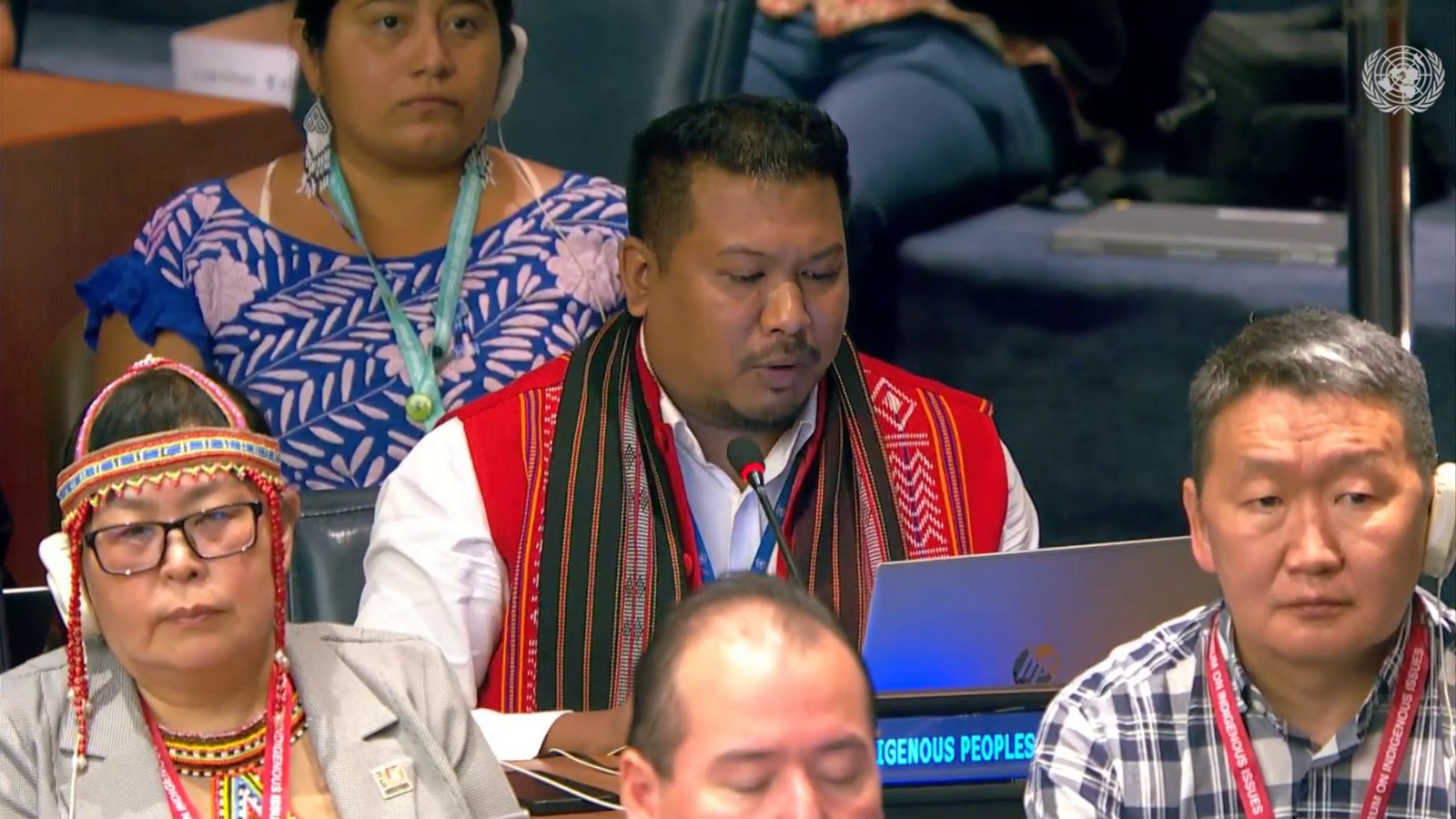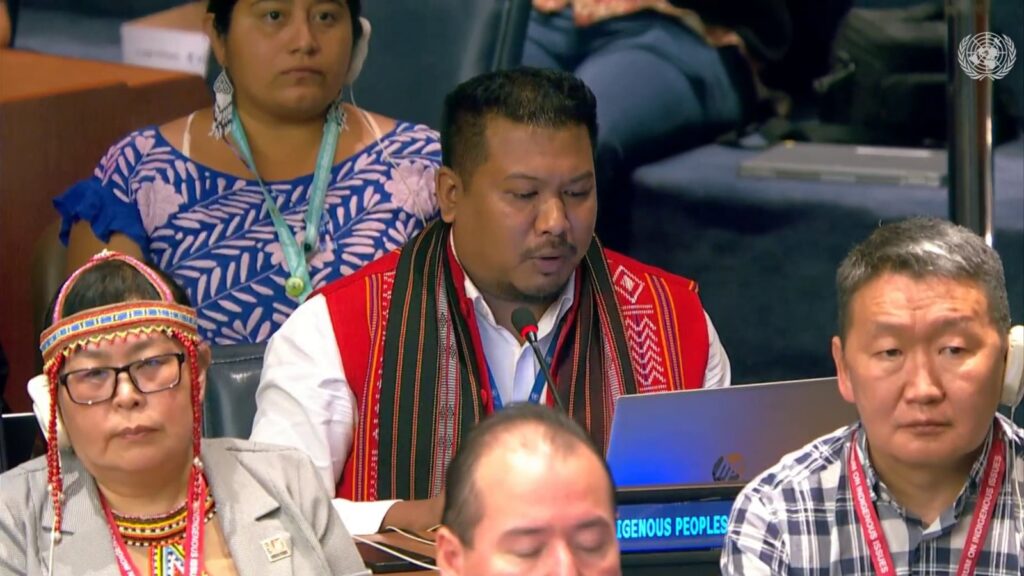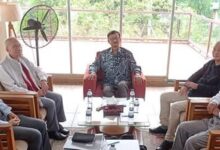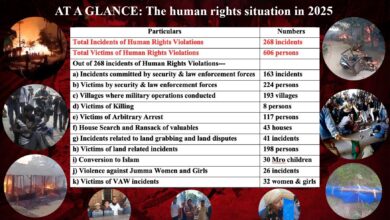Toni Chiran Urges Stronger Global Action for Indigenous Rights at UN Permanent Forum For IPs

IPNEWS, New York, April 22, 2025: Toni Chiran, Vice President of the Bangladesh Indigenous Youth Forum, spoke at the 24th session of the UN Permanent Forum on Indigenous Issues (UNPFII) in New York, representing the Asia Indigenous Peoples Caucus.
Speaking on Agenda Item 3, focused on the implementation of the UN Declaration on the Rights of Indigenous Peoples (UNDRIP), Chiran highlighted serious challenges Indigenous communities face across Asia. He pointed out that many governments still do not officially recognize Indigenous Peoples, and where recognition exists, policies often continue to ignore or violate Indigenous rights.
Mr. Chiran drew attention to the worsening situation in countries like Laos, Vietnam, Bangladesh, the Philippines, Myanmar, Nepal, and India. In Bangladesh, he noted the difficulties faced by the interim government in maintaining political stability and protecting Indigenous rights. He also shared concerns about violence and extrajudicial killings in India’s Bastar region related to land rights issues.
He warned that democracy is weakening in many parts of Asia, limiting space for Indigenous activism. He praised recent developments in the Philippines, where the new Bangsamoro Indigenous Peoples’ Act of 2024 officially adopts UNDRIP principles to protect Indigenous rights in the region.

Toni emphasized the role of international support and legal tools like ILO Convention 169 and the UNDRIP in helping Indigenous communities push for change. He urged the UN and its member states to take the following key actions:
1. The Secretary-General and other high-level UN officials should use their good offices to encourage states to incorporate the provisions of the UNDRIP in national laws and policies and take measures to effectively implement the System-wide Action Plan of the UN for the implementation of the UNDRIP and particularly the issue of the-non recognition of the Indigenous Peoples in their own countries.
2. Prioritize supporting national partners in reform and implementation of legal frameworks, policies, strategies and plans that further the UNDRIP process, through joint programming and other initiatives.
3. For the UNPFII to explore the potential for the Security Council to address conflicts in indigenous territories under the peace and security agenda with the full and effective participation of indigenous women and youth in peace processes
4. For the UNPFII to engage with the Department of Political and Peacebuilding Affairs to have an active role in monitoring the implementation of peace accords involving Indigenous Peoples; and
5. For the UN Agencies, funds and programmes to establish a regional inter-agency working group on indigenous issues in Asia to enable a coherent regional approach, as has been done in Latin America and Africa.
6. For PFII to explore alternative modalities in the conduct of the PFII sessions, potentially in different regions following the rotational principle



